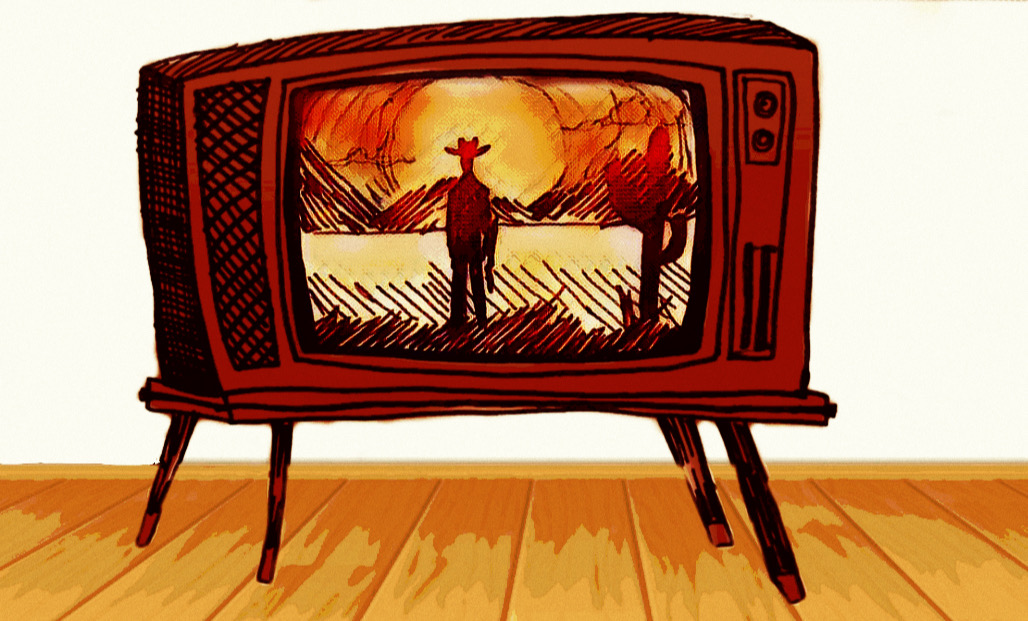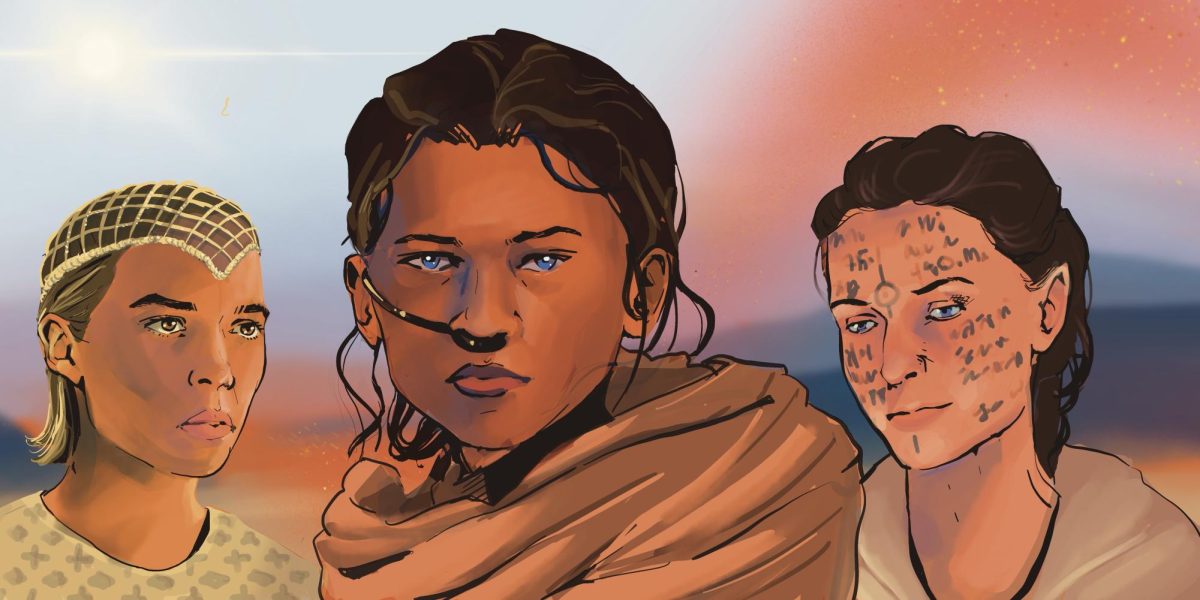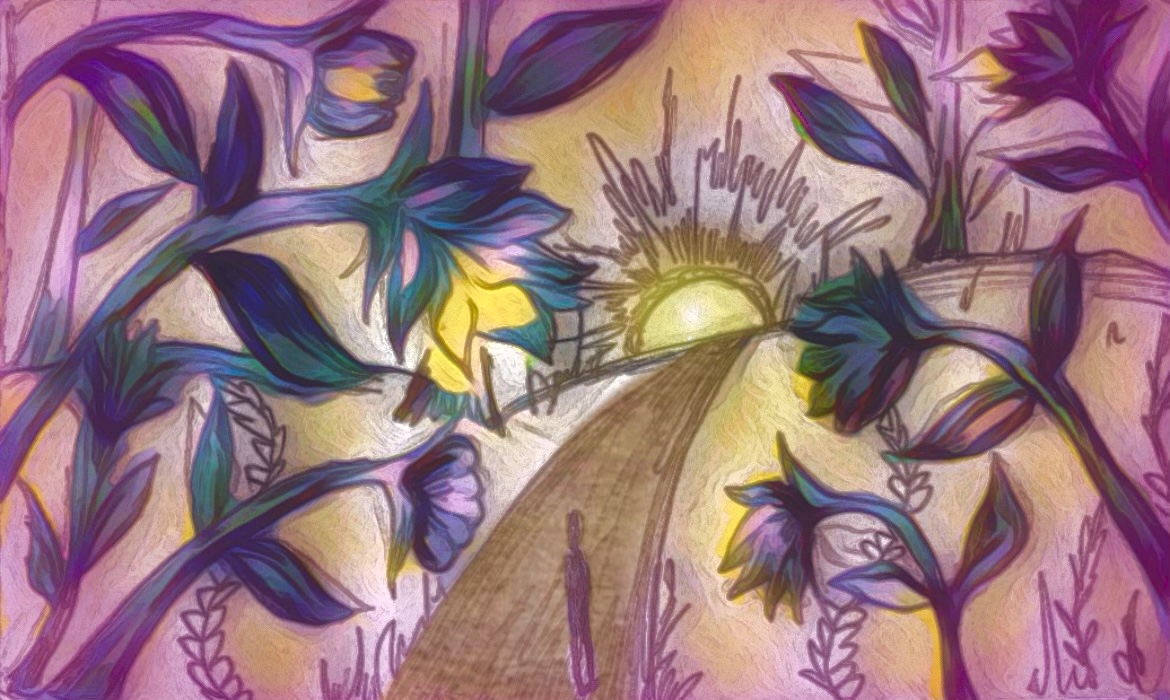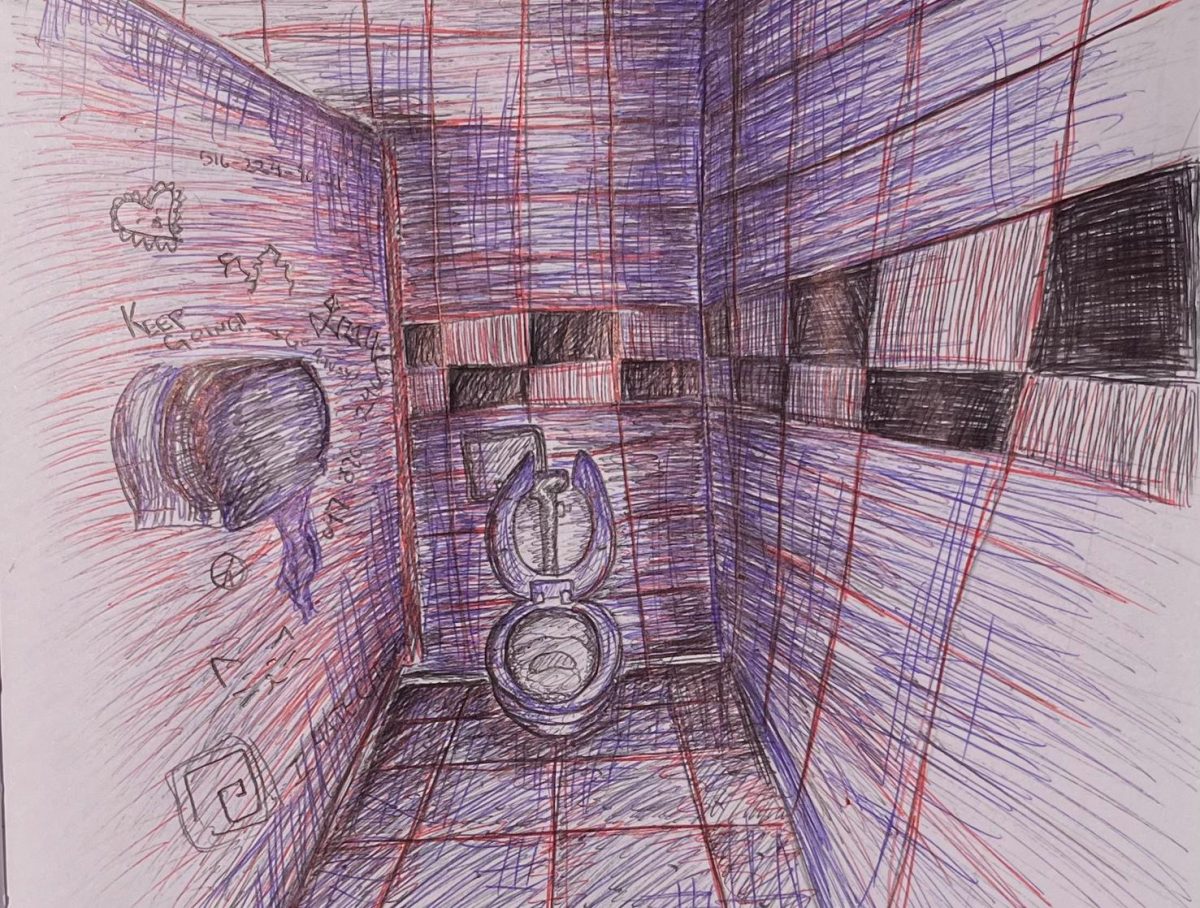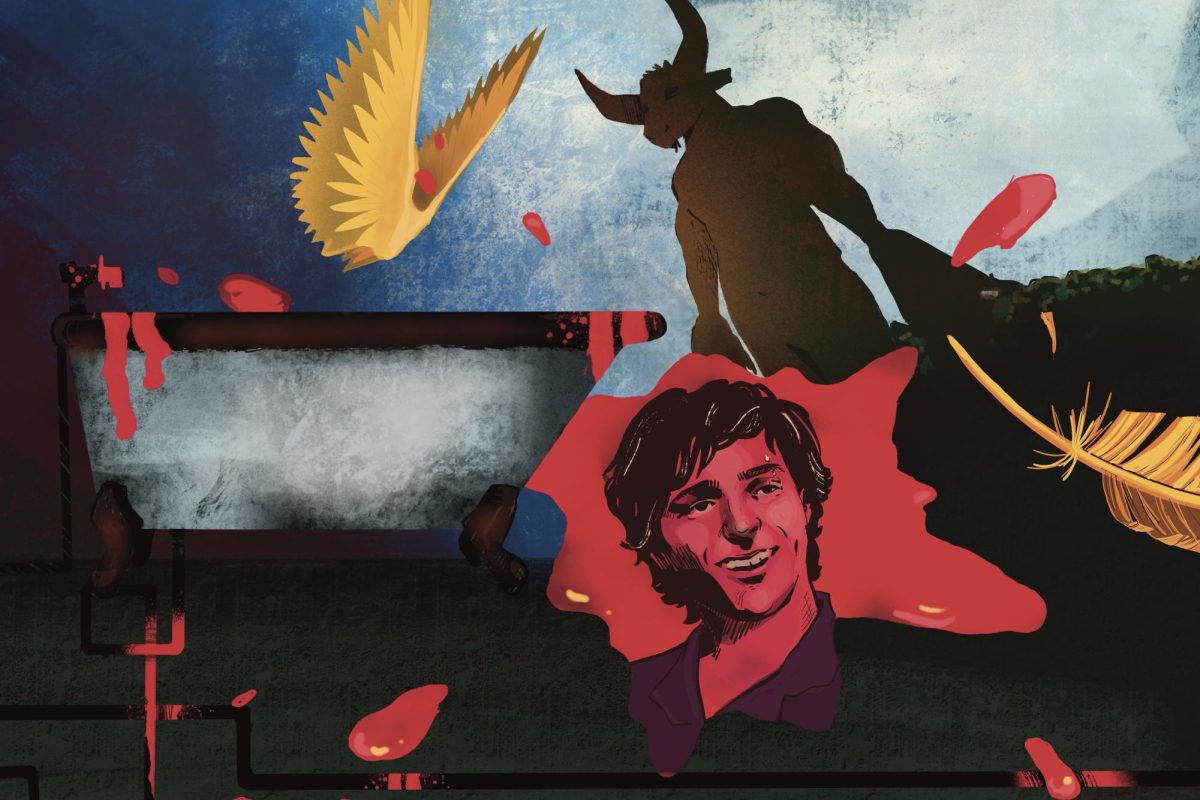You may want to reconsider that second glass of wine, if its red, that is.In the Robert Kane Pappas documentary, resveratrol, the chemical in red wine linked to the slowing down of aging, is further explained.Jam-packed with scholarly interviews and subtle wit, the film explores technologic advances in the science of aging and related diseases.The movie premiered on Feb. 11 at the Roxy, to an audience of primarily senior citizens, all giggly and excited like tweens at a Twilight premiere.An NYU film graduate, Pappas’ narration translates the scientific jargon of professors and scientists, like Leonard P. Guarente of MIT, Cynthia Kenyon at USCSF and pharmaceutical executive Christoph Westphal. His voice is calm and reflective, mirrored by the soundtrack — an odd array of musical genres from Enya to classical oboe.For Pappas and the scientific community, the discovery of the SIR1 and SIR2 gene, was of major significance. SIR1, activated by resvertrol, and SIR2, have been proven to increase lifespan when altered.Guarente and a team of graduate students discovered the SIR2 gene as the anti-aging gene in yeast, revealing that often only one gene mutation can have a significant affect on how an organism ages.In the film, Dr. Thomas Kirkwood examined aging as a biologic defect in humans. “A lot of people think we’re biologically programmed to die, but the truth is that we’re biologically programmed for survival. There is no mechanism inside us that turns on to kill us when a certain period of time has elapsed.”Kirkwood was one of the many reputable scientists who appeared in the film. Although the information they provided was factual and intriguing, Pappas jumped from interview to interview in a disorderly fashion.This is an easy way to confuse and lose your audience, especially when the purpose is to educate them on a relatively unfamiliar subject. Pappas’ style of directing is unique in that the heavy conversations with scientists are shot in a very home-made manner. Scenes of downtown Cambridge, Ma.’s medical labs and libraries contrast with the self-reflective moments Pappas shares with the audience, as he grocery shops or casually throws beach pebbles on the shore. It is very much a one-man produced documentary.As further research on resveratrol is conducted, and supplements containing the anti-aging chemical become marketable, Pappas suggests that ethical and moral issues arise. He is in search of how the public would react to the negative and positive consequences of such medicines, whether quality of life would be sacrificed, its impact on global population, and accessibility. According to the film, by the time any sort of drug is put on the market, only the younger generations of today would have the opportunity to benefit from it.With hopeful advancement in an unchartered field of science, the film instilled an attitude of well being, even in old age. But it alluded to the fact that a healthy lifestyle and perspective must be established before we can rely on age-diminishing alternatives.One audience member had already reached this plateau of self-realization and comfort in age.”I have news for you guys, there is no such thing as death,” he announced during the credits.







